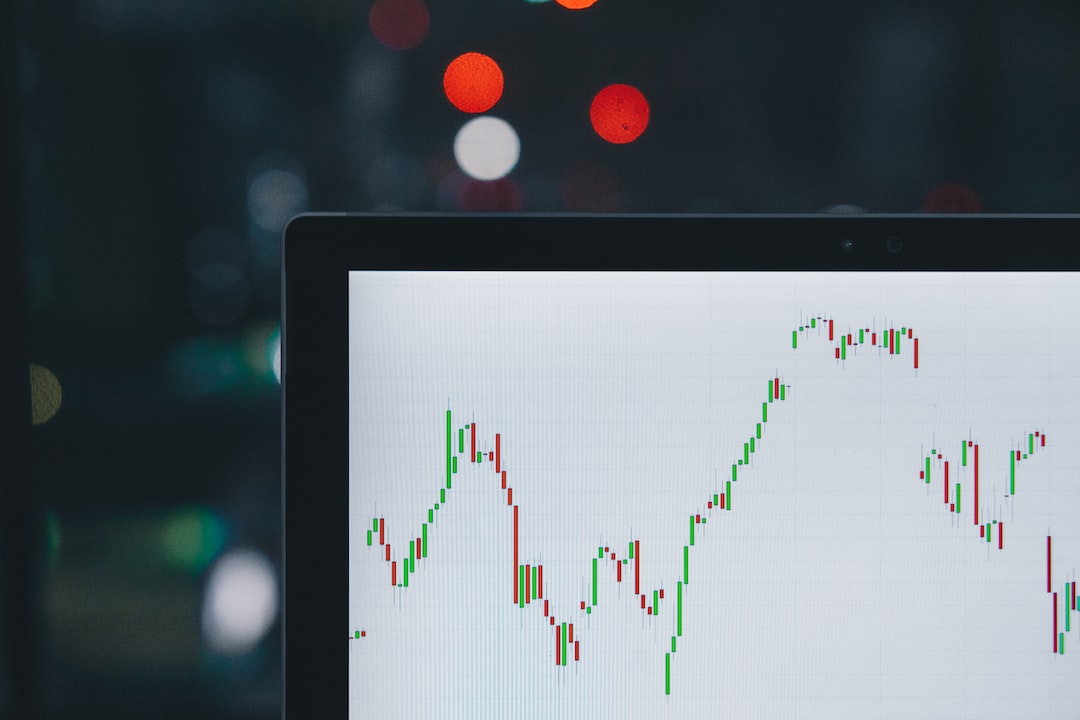The Role of Technology in Modern Forex Trading Firms
In the fast-paced world of forex trading, technology plays a crucial role in enabling firms to stay competitive and execute trades quickly and efficiently. From the early days of manual trading on trading floors to the present-day high-frequency trading, technology has revolutionized the way forex trading firms operate. In this article, we will explore the various ways technology has impacted modern forex trading firms.
One of the most significant advancements in technology for forex trading firms is the development of electronic trading platforms. These platforms have completely transformed the way traders conduct business. Instead of relying on phone calls and physical trading floors, traders can now execute trades with a few clicks of a button. Electronic trading platforms are available 24/7, allowing traders to access the market at any time, from anywhere in the world. This has greatly increased the speed and efficiency of executing trades, enabling firms to take advantage of market opportunities in real-time.
Another crucial aspect of technology in modern forex trading firms is the use of algorithmic trading. Algorithmic trading, also known as automated trading, utilizes complex algorithms to execute trades based on predetermined rules and instructions. This technology has revolutionized the forex market by eliminating human emotion and bias from trading decisions. Algorithms can analyze vast amounts of data, identify patterns, and execute trades at lightning speed, far beyond the capabilities of human traders. This has resulted in increased accuracy, reduced costs, and improved efficiency for forex trading firms.
Furthermore, technology has allowed for the development of high-frequency trading (HFT). HFT is a trading strategy that utilizes powerful computers and advanced algorithms to execute a large number of trades in fractions of a second. This strategy is highly dependent on technology, as the speed of execution is critical to its success. HFT has become increasingly popular in the forex market due to its ability to exploit small price discrepancies and profit from short-term market movements. However, HFT has also raised concerns regarding market stability and fairness, as it can lead to increased market volatility and create an unequal playing field for smaller traders.
The use of technology in modern forex trading firms goes beyond just execution. Traders now have access to a wide range of analytical tools and software that can help them make informed trading decisions. These tools can provide real-time market data, technical analysis indicators, and even predictive analytics to identify potential trading opportunities. This allows traders to stay ahead of the curve and make well-informed trading decisions. Additionally, technology has also facilitated the development of social trading platforms, where traders can share ideas, strategies, and even automatically copy the trades of successful traders. This collaborative approach to trading has democratized the forex market and allowed novice traders to learn from and emulate experienced professionals.
Risk management is another area where technology has greatly benefited modern forex trading firms. Advanced risk management systems can monitor positions, set stop-loss orders, and automatically close out trades to limit potential losses. These systems can also provide real-time risk analysis and alerts, allowing traders to react quickly to changing market conditions. Additionally, technology has facilitated the development of sophisticated risk models that can assess the potential impact of different scenarios and help traders make more informed decisions.
In conclusion, technology has revolutionized the forex trading industry, enabling firms to execute trades quickly and efficiently, analyze the market in real-time, and manage risk effectively. Electronic trading platforms, algorithmic trading, high-frequency trading, analytical tools, and risk management systems have all played a crucial role in shaping modern forex trading firms. As technology continues to advance, it will undoubtedly bring further innovations and opportunities for forex traders. Understanding and embracing these technological advancements will be essential for firms to remain competitive in the dynamic forex market.


